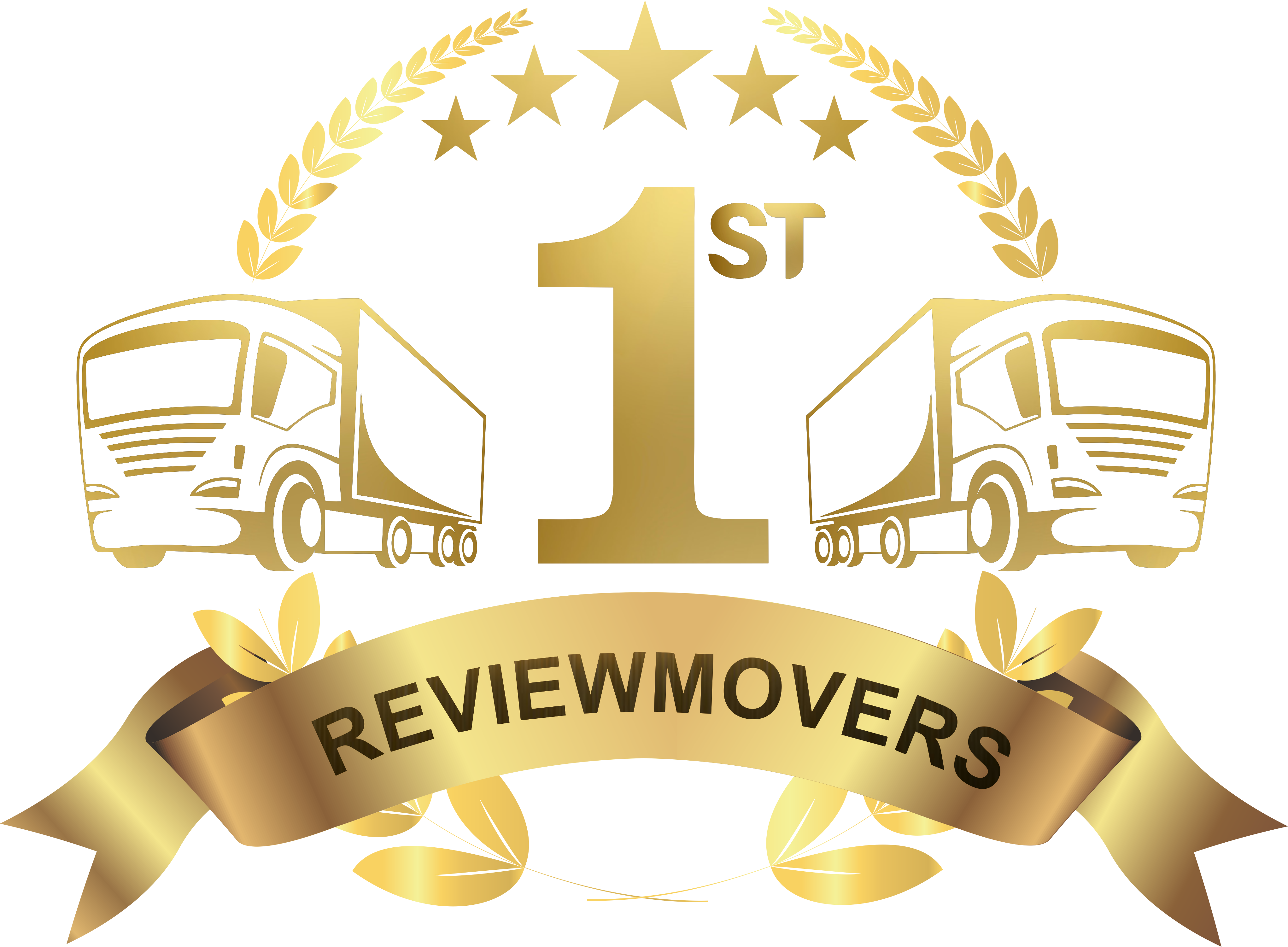With millions of moves taking place in the US each year, it's little wonder that most of them go smoothly and without a hitch. But even with all this smooth movement, there are scams or low-quality approaches. It is in your best interest to understand each step of the process.
Finding a quality moving company you can trust should be at the top of any moving checklist (unless you decide to move yourself). Here are 11 tips for hiring a mover.
Why to hire a moving company for your relocation
The decision to hire movers or move yourself depends largely on your budget, the proximity of your new home, the complexity of the move, and your health. While moving yourself certainly has its advantages (like being cheaper), hiring a moving company can save you stress and energy. Think about it: you'd be leaving all the hard work to a professional. And it's big. In addition, within the framework of the contract, the moving company ensures timely and efficient provision of its services. They cannot be like your friends and family. Overall, hiring a moving company will relieve you of many of the common stresses of moving. So, if loading and driving a large truck is stressful for you, we highly recommend hiring movers.
Questions you should always ask the movers
You have done your best and received at least three offers, researched the selected companies, read their reviews and understood your rights and responsibilities. You are going to hire a transport company. Another step before making a decision is to ask questions to help you learn more about the shipping company you are considering. They must also disclose any information that suggests you should move, such as a low estimate or moving without insurance.
The list below contains some good questions, but is by no means exhaustive.
Make sure that the moving company has a good reputation
- How long has the company been around? Has anyone filed a complaint against the company?
- If so, who are they and what steps have they taken to remedy the situation? (Konsulter Better Business Bureau.)
- Do you have references?
- Do you have the right license?
- What type of liability insurance does your company offer?
Getting an accurate estimate
- Can I get additional coverage?
- Can you provide a binding offer or an estimate that cannot be exceeded?
- Are there potential costs I'm not aware of?
- What additional moving items do I have to pay for? Do you have a cancellation policy?
Figuring out logistics and setting expectations
- How to contact the manager?
- How do you communicate with your company during the move? What is your taboo?
- Are there third party service providers involved in moving special items such as pool tables, pianos or grandfather clocks?
- If so, who are they?
- What payment methods do you accept?
- How long does it take to move? How do I file a claim for a damaged or destroyed item?
- Who is responsible?
Tips For Hiring Top Notch Movers
Make sure you put together an accurate moving inventory
A reputable moving company will take inventory of all your belongings and determine the volume and weight of your move in person or through a virtual survey. The appraiser should thoroughly inspect and inspect all storage areas such as cabinets, drawers, garages, and racks. Much of the cost of moving depends on the weight of your belongings and the space they take up in the truck. Make sure you understand this estimate and that it is as accurate as possible.
Get an expert estimator
A person estimating a brisk walk without noticing that you intend to move would be wrong. A good appraiser will ask questions about what you plan to bring from your current home to your next home. So make sure you're prepared to tell the appraiser what items you don't want on the truck - items you plan to give away, give away, sell at a discount, or leave the owner. new property.
Avoid moving companies with a name switch
Some companies better evade Business Bureau ratings by doing business under different names. Make sure the business has a local address, license, and insurance information. Their employees must answer the phone with the full name of the company. Find out if there are other names the company "does under" and their state and federal license numbers. Search the internet to see if there are any complaints about the company.
Work with movers referred by established organizations
If your friends and family don't have any recommendations, get a list of reliable moving companies from associations like the American Shipping and Warehousing Association. Ask everyone you talk to for recommendations. Tell them you need a list of three customers in your area who have moved in the past three months. Call these customers and ask questions directly about their experience.
Save money by packing yourself
If you pack your items yourself, the carrier is generally not responsible for damage to your items. However, if your moving company does the packing, you could end up paying too much for the boxes and packing materials, not to mention the time and labor. If you decide to order packers, ask about the packers' experience. Most packers are careful, but you want to avoid the possibility of someone throwing everything they can into the box and sealing it again without fear of breakage.
Be mindful of potential additional charges
Do you live in a two-story house or are you moving into a house? Are you moving in or out of an apartment on the 10th floor? If this is the case, you may be charged additional fees for transfers that require you to climb stairs and elevators. Do you have a narrow road where a truck won't fit? Expect an additional fee to transfer items to a smaller truck for delivery. Be sure to ask the moving company about any additional fees that may apply to your situation.
NEVER SIGN BLANK DOCUMENTS
Never sign an empty contract. Get everything in writing. Include the carrier's estimate and any additional charges, as well as the pick-up and delivery dates. Read the contract and make sure all your stuff is listed. If your laptop isn't marked on the inventory form you sign before the driver leaves, you can't expect it to be in the box when the truck arrives.
There is no such thing as a “guaranteed” quote
There are three types of moving estimates:
- A non-binding estimate in the contract means that the company cannot charge 10% more than the original estimate. Any excess must be paid within 30 days of delivery.
- A non-binding to-exceed estimate in the contract guarantees that you will not pay more than originally estimated. The estimate is the maximum amount you will have to pay for the services provided.
- A binding estimate Your contract must include a guaranteed price for the move and all additional services. If you require additional services (such as unpacking), any additional fees must be paid within 30 days of delivery.
Report issues and make claims in a timely manner
Has an incident occurred? Do you need to file a move request? You have nine months to report any problems to the shipping company and make an insurance claim. So if a year later, you open the boxes and find broken glass, you're out of luck. On moving day, try to open each box and check for damage. Before signing, note any problems on the shipper's copy of the bill of lading.
Your applicant has 30 days to confirm receipt of the application. Within 120 days of receipt, the carrier must decline the payment request or offer.
Understand moving insurance and valuation protection
All forwarding companies are obligated to cover the cost of the goods shipped. However, there are two different levels of responsibility. You should know the fees that apply and the level of protection offered by each level.
Full (replacement) value protection
It's the most comprehensive plan to protect your items. If you do not choose an alternative level of liability below, your package will stay transported under your mover’s full cost (replacement) to ensure the level of liability. Under this plan, whenever an item is lost, destroyed or damaged, the carrier has the option to:
- to the extent necessary to restore it to the same condition as it was received by your claimant or to pay the cost of the repair.
- goods of the same type and quality or pay the replacement cost.
Alternative level of liability
Under this option, the carrier may limit its liability for loss or damage to items of value, unless you list such items in the shipping document. A valuable item is any item that costs more than $100/pound (for example, jewelry, cutlery, porcelain, furs, antiques, carpets, and electronics). Before moving, ask the applicant for a full explanation of this restriction. It is your responsibility to read this policy carefully and submit the required return.
This free option is the most cost-effective protection available, but it offers only minimal protection. Under this option, the carrier is liable for up to 60 cents per pound per item. Claims for lost or damaged merchandise will be billed based on the item's weight in pounds multiplied by 60 cents. For example, if a $1,000 worth of 10 kg stereo item is lost or damaged, the applicant is liable for no more than $6 (10 lb x 60 cents).
There is no additional fee for this minimum coverage, but you must sign a special statement on the bill of lading agreeing to this. If you do not select this alternative level of liability, your shipment will be shipped for the full (alternative) cost of the liability level and you will be charged the applicable valuation fee.
Helpful Articles
Preparing for a Commercial Move
Why You Should Work With a Mover
Use a Mover Using Newer Software
Moving Software
The revolution of moving software
Transport Newhome Movingtruck Logistics Professionalmovers



